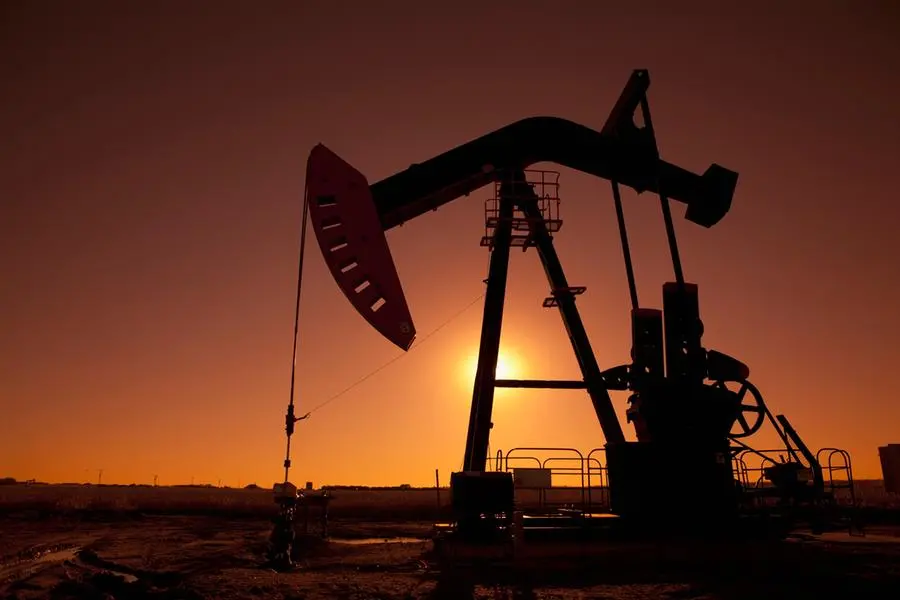PHOTO
Oil prices dipped on Monday after Joe Biden announced he would not seek a second term as U.S. president and while investors watched for more signs that U.S. interest rates could be cut as early as September.
Brent crude futures fell 45 cents, or 0.5%, to $82.18 a barrel by 1222 GMT. U.S. West Texas Intermediate crude futures were down 51 cents at $79.62.
Brent has remained relatively steady in the past month, hovering between $82 and $88 a barrel.
The U.S. Federal Reserve is due to review policy next on July 30-31, when investors expect it to maintain rates, though there have been signs of a possible cut in September.
News that President Biden decided on Sunday to abandon his re-election bid was not a major factor for oil markets. He has endorsed Vice President Kamala Harris as the candidate who should face Republican Donald Trump in the November election.
"We think the ability of the U.S. president to influence U.S. oil production is probably overrated," said Suvro Sarkar, energy team lead at DBS Bank, noting U.S. output reached record highs last year despite the Biden's administration's moves to address climate change.
"If anything, a Trump presidency could influence higher demand for oil in the U.S., given his anti-EV (electric vehicle) stance," Sarkar added.
That could offset some of the support markets have gained from recent OPEC+ production cuts, said IG analyst Tony Sycamore.
The flipside to unrestricted oil production in the U.S. could well be lower oil prices, which may have the unintended impact of forcing marginal producers to mothball production, Sycamore added.
China's slower than expected economic growth of 4.7% in the second quarter sparked concerns last week over the country's demand for oil and continues to weigh on prices.
On Monday, China also surprised markets by lowering a key short-term policy rate and benchmark lending rates to boost the economy.
On Sunday China released a policy document after a leaders' meeting that largely outlined known ambitions, from developing advanced industries to improving the business environment. Analysts did not spot any imminent sign of structural shifts in the world's second-biggest economy.
(Reporting by Paul Carsten in London Additional reporting by Katya Golubkova and Colleen Howe Editing by David Goodman)





















